South Africa's healthcare sector is at the frontline not just in fighting Covid-19, but also in tackling the diseases and chronic conditions that place such a burden on the most vulnerable in our society, especially women.
We speak to some of the female medical professionals, policymakers and businesswomen who are helping to build a healthcare sector that can serve the development goals of our country and to uplift women in particular.
Our latest edition of the Women Behind the Mask webcast series features a panel of extraordinary women:
- Professor Ncoza Dlova – Dean of the School of Clinical Medicine and Head of the Dermatology Department at the University of KZN. Prof Dlova is the only female dean among the nine national medical school deans and is one of the first African female dermatologists in South Africa.
- Dr Angelique Coetzee – the first female national chairperson of the South African Medical Association, who also runs her own medical practice.
- Phumeza Langalibalele – founder and Managing Director of Mlungisi Healthcare, a 100% black female-owned business providing healthcare solutions and supplying medical-related products in South Africa. She has over 25 years’ experience in both the public and private healthcare sector.
- Ponani Shikweni – a self-made entrepreneur and Director of Hluvuko Designs, an Alexandra-based women's sewing cooperative, which provides cloth masks to impoverished South African communities.
Chairing the discussion is Julia Taylor, National Medical Sector Head for Investec Private Bank South Africa.
We summarise some of the key discussion points below.
The importance of public-private partnerships
In addition to promoting public-private partnerships, Professor Ncoza Dlova believes in the power of mentorship.“The other form of partnership I want to talk about is nurturing registrars and our interns. This year we are starting an internship programme because interns belong to the Department of Health. We found that interns are often lingering for two years in community service and they don't know what to do, so we said, why don't we create a mentorship platform for them?
“By the time they finish their internship, they know whether they want to specialise, know whether they want to go to academia and of course, we've got a whole lot of skills we can help offer them, so we say, let's guide them through finance, talk about financial fitness, talk about leadership.”
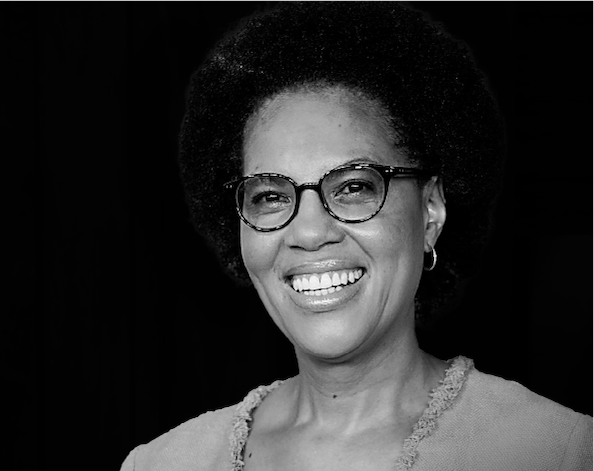
We found that interns are often lingering for two years in community service and they don't know what to do, so we said, why don't we create a mentorship platform for them?
The obstacles women continue to face in the healthcare sector
Langalibalele believes that inequality is most evident at the boardroom table. "It’s a known fact that the healthcare industry does have a lot of women, but what is noticeable is that most of the top positions are filled by men.
"So even in this day and age, if you look at those top positions, you'll realise that the men are still taking home more than their female counterparts even though in some instances the jobs that are being done are the same. So I think we do have a bit of a way to go."
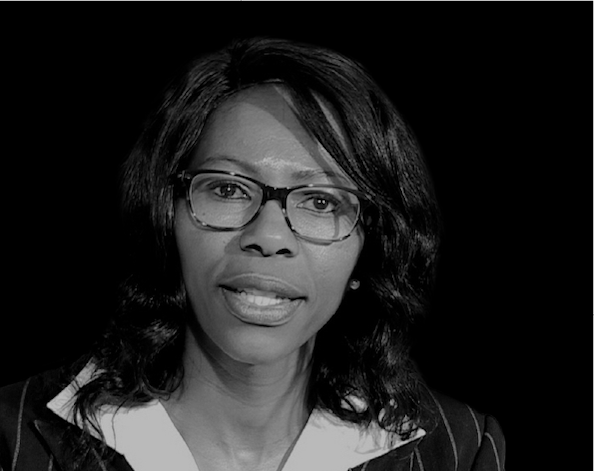
Men are still taking home more than their female counterparts even though in some instances the jobs that are being done are the same.
Coetzee agrees that there is a glaring lack of females in leadership roles in the South African healthcare sector. "One of the things I've noticed is that in this male-dominated world – and I’m now talking about top leadership – women are sometimes still being seen as emotional and that we therefore cannot make good decisions.
"It's terrible to label us like that, but we are still labelled. So if you as a woman are seen as becoming too pushy, you also get a name tag."
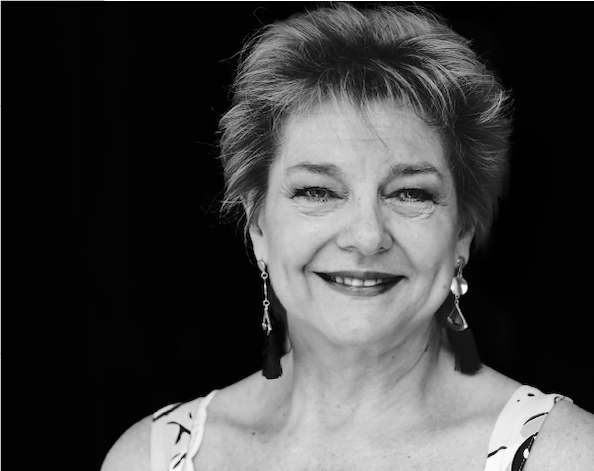
Women are sometimes still being seen as emotional and that we therefore cannot make good decisions.
The academic challenges posed by Covid-19
Dlova says, “They say every cloud has a silver lining, meaning that in any adversity you have to look for opportunities. When the pandemic set in we had to shift from face-to-face learning to digital learning. Now most of us take it for granted that we have a laptop, an iPad or smartphone. How do we even begin to shift our mindset in terms of digital learning?
“So now the students have laptops but also more challenges. Students come from rural areas where there is no network, no electricity and some of them stay in two-bedroom houses with maybe 10 members of the family. How does a medical student study like that?
“Eventually, with teamwork and amazing colleagues, at the School of Clinical Medicine, we were able to find solutions for all our students now studying – some at home and some on the clinical platform, for whom we got PPE and things seem to be going quite well thus far.”
On finding opportunities to grow employment in the pandemic
Hluvuko Design, Shikweni is focused on creating jobs and empowering the women and the youth of the country so that their families can survive and they can thrive.
“We are also looking for the next opportunity to keep growing our business. We have started making samples of PPE-like gowns, mop caps and shoe covers – in this way we make the most of every chance that comes.
“Every woman should find ways to help inspire other women, especially the youth because there are many ways women can help South Africa.”
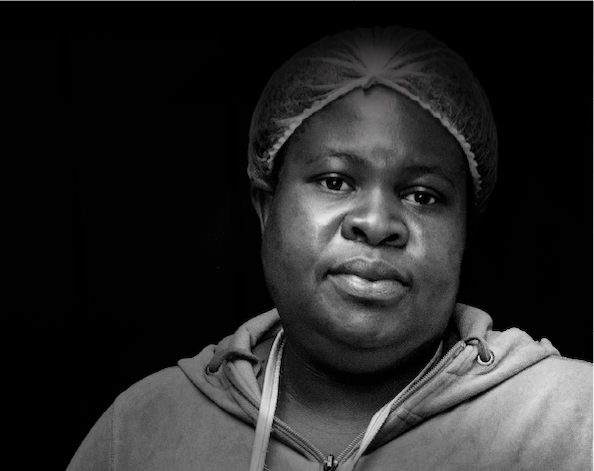
Empowering women and youth will help all of us as South Africans in the future.
About the author

Patrick Lawlor
Editor
Patrick writes and edits content for Investec Wealth & Investment, and Corporate and Institutional Banking, including editing the Daily View, Monthly View, and One Magazine - an online publication for Investec's Wealth clients. Patrick was a financial journalist for many years for publications such as Financial Mail, Finweek, and Business Report. He holds a BA and a PDM (Bus.Admin.) both from Wits University.
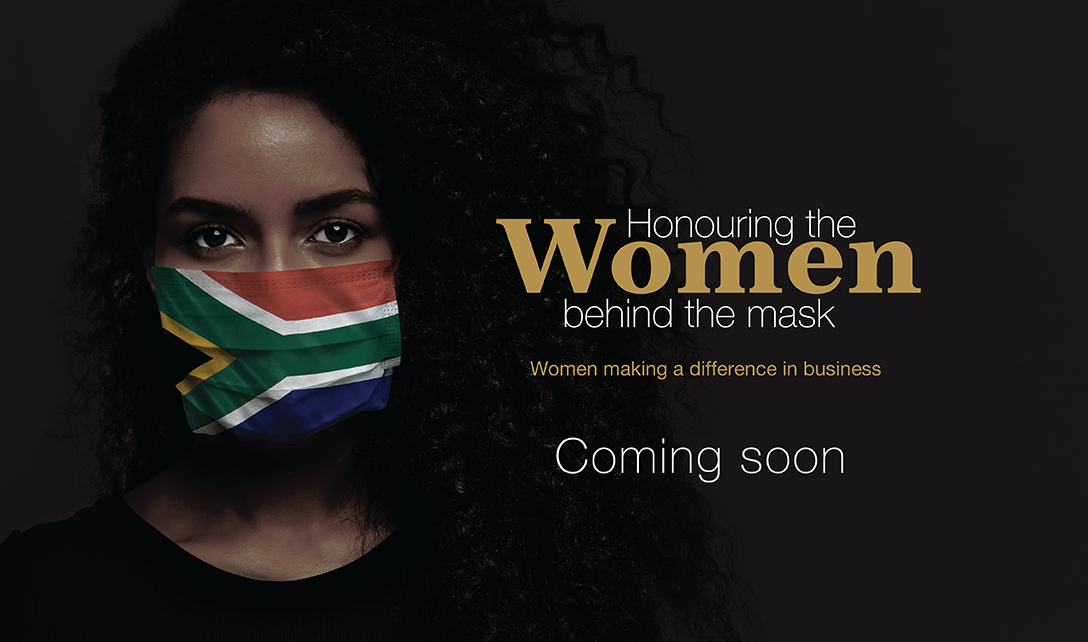
Women Behind the Mask webcast series
Find out more about the upcoming webcasts in our Women Behind the Mask series where we invite leaders from education, healthcare, banking and financial services and the public service to talk about their journeys and the impact of Covid-19 on their business.
Get Focus insights straight to your inbox

